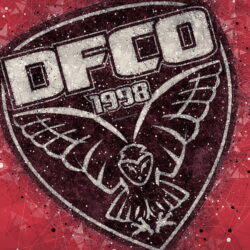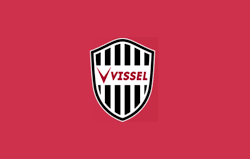Greuther Furth FC has a rich history and a passionate fan base, making it one of the noteworthy clubs in German football. Established in the city of Fürth, this club is steeped in tradition and has experienced its fair share of triumphs and struggles. As we delve deeper into the essence of Greuther Furth FC, we will explore the club’s history, its rise and fall in the football hierarchy, and its impact on the local community and German football as a whole.
History of Greuther Furth FC
The story of Greuther Furth FC is not just about football; it’s about identity, pride, and resilience. The club is one of the oldest in Germany, and its journey reflects the evolution of football in the country new 88.
Origins and Founding Years
Greuther Furth FC was founded in 1903, with roots tracing back to the merger of two local clubs, which eventually laid the foundation for what would become a prominent name in sports.
The establishment of this club came at a time when football was beginning to solidify its place in society and establish its identity. For many townspeople, football represented not just a sport, but a communal activity that brought people together from different walks of life.
In the early years, the club faced numerous challenges, including competition from other local teams. Nevertheless, their determination and passion saw them through these formative years. The team quickly gained local popularity, leading to significant developments in terms of training facilities and match attendance.
Initial Success
As the years passed, Greuther Furth began to establish itself as a formidable force in regional competitions. Their performance in local leagues paved the way for entry into the national arena, where they started to gain recognition beyond their home turf.
One of the most notable achievements in the early 20th century was winning the German championship in 1914, marking the club’s first major success. This victory not only boosted the club’s morale but also significantly enhanced its reputation within German football circles.
The club became a beacon of hope and pride for the town of Fürth. The rich football culture that was emerging drew in fans who were eager to be part of this growing phenomenon.
The Interwar Years
With the onset of World War I, like many other clubs, Greuther Furth faced significant disruptions. The war impacted player availability, finances, and overall enthusiasm for the game. However, the post-war era saw a resurgence in interest.
During the interwar period, Greuther Furth FC continued to perform admirably in regional competitions. They further cemented their status as one of the elite clubs in German football by consistently finishing near the top of the league standings.
This era was marked by fierce rivalries and memorable matches that drew large crowds, showcasing the club’s ability to engage and inspire their supporters. Not only did they continue to secure titles and trophies, but they also created an unforgettable legacy that inspired subsequent generations.





